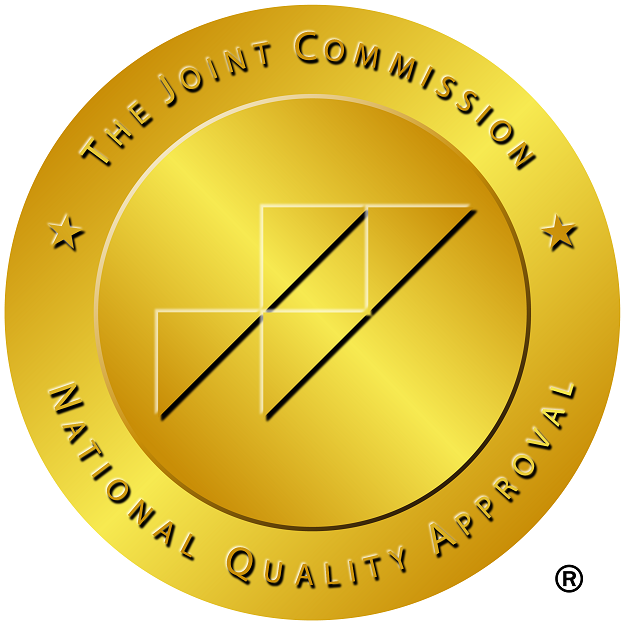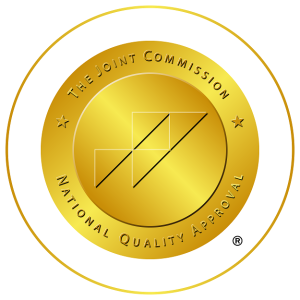How to Spot the Symptoms of Dehydration
In a world where medical staffing in usa is essential for our well-being, it’s crucial to understand the signs of dehydration. A dehydrated body loses more fluids than it takes in, & it can have severe consequences if left untreated. Whether you’re a healthcare professional or an individual concerned about your health, recognizing the symptoms of dehydration is vital. In this blog, we’ll explore what dehydration is, its causes, and how to spot its symptoms to ensure you stay well-hydrated.
Understanding Dehydration
Dehydration occurs when your body doesn’t get enough water to function properly. Water is vital for various bodily functions, including regulating temperature, aiding digestion, and carrying nutrients to cells. When you lose more fluids than you consume, your body struggles to perform these functions efficiently.
Common Causes of Dehydration
Several factors can lead to dehydration. These include:
Telehealth has rapidly gained popularity over the past few years, and in 2023, it’s poised to revolutionize patient care even further. With the ongoing challenges of the pandemic and the growing need for accessible healthcare services, telehealth offers a convenient & efficient way for patients to consult with healthcare providers remotely. From virtual doctor visits to remote patient monitoring, telehealth makes quality healthcare more accessible to all, including those in remote areas seeking medical staffing in usa.
1) Inadequate Fluid Intake
Failing to drink enough water throughout the day is one of the most common causes of dehydration.
2) Excessive Sweating
Activities like exercise, especially in hot weather, can cause significant fluid loss through sweating.
3) Illness
Conditions like fever, vomiting, and diarrhea can lead to rapid fluid loss.
4) Medications
Some medications, such as diuretics and certain antihypertensives, can increase urine output and contribute to dehydration.
5) Medical Conditions
Certain medical conditions, like kidney disease & diabetes, can affect your body’s ability to retain fluids.
Recognizing the Symptoms of Dehydration
Spotting the symptoms of dehydration early can help prevent more severe complications.
Here are some common signs to look out for:
- Dry Mouth and Dry Skin
One of the earliest signs of dehydration is a dry, sticky feeling in your mouth. Your skin may also become dry and less elastic.
- Dark Urine
Urine color can be a indicator of hydration. Dark yellow or amber urine is often a sign of dehydration.
- Infrequent Urination
If you’re not urinating regularly or your urine output decreases significantly, it may be a sign of dehydration.
- Fatigue and Dizziness
Dehydration can lead to tiredness, weakness, & dizziness. In severe cases, it can even cause fainting.
- Rapid Heartbeat and Low Blood Pressure
Dehydration can affect your cardiovascular system, leading to a faster heart rate and a drop in blood pressure.
- Sunken Eyes
Dehydration can cause your eyes to appear sunken or hollow.
- Headache
Dehydration can trigger headaches & migraines in some individuals.
When to Seek Medical Attention
If you or someone you know is experiencing severe symptoms of dehydration, like extreme thirst, confusion, rapid breathing, or fainting, it’s crucial to seek immediate medical attention. Severe dehydration can be life-threatening and requires prompt treatment, often involving intravenous (IV) fluids administered by medical staff.
Preventing Dehydration
Preventing dehydration is as important as recognizing its symptoms. Here are some steps to help you stay adequately hydrated:
1) Drink Plenty of Water
Make sure to drink at least 8-ounce glasses of water a day, but adjust your intake based on your activity level and climate.
2) Monitor Fluid Loss
Pay attention to factors that can increase fluid loss, such as hot weather or exercise, and increase your water intake accordingly.
3) Eat Water-Rich Foods
Incorporate fruits & vegetables with high water content, like watermelon, cucumbers, and oranges, into your diet.
4) Limit Diuretics
If you’re taking medications that increase urine output, consult your healthcare provider about adjusting your dosage or monitoring your fluid intake.
Conclusion
Staying hydrated is crucial for overall health, & recognizing the symptoms of dehydration is a crucial skill. Whether you’re a part of the medical staffing team or an individual looking out for your well-being, understanding dehydration’s signs can help prevent its negative effects on your health. By following the measures mentioned above, you can ensure you stay properly hydrated and maintain your overall health and well-being.















